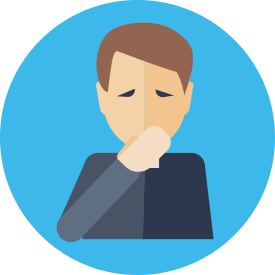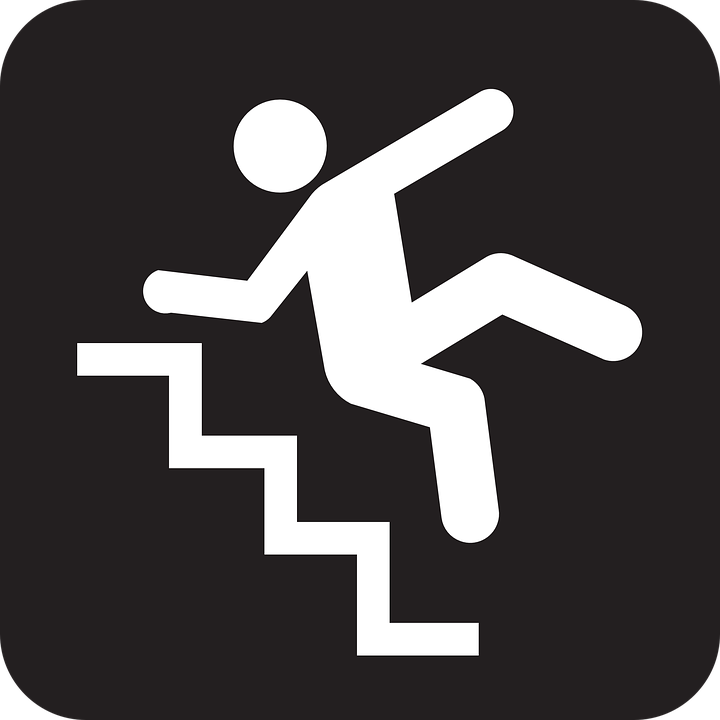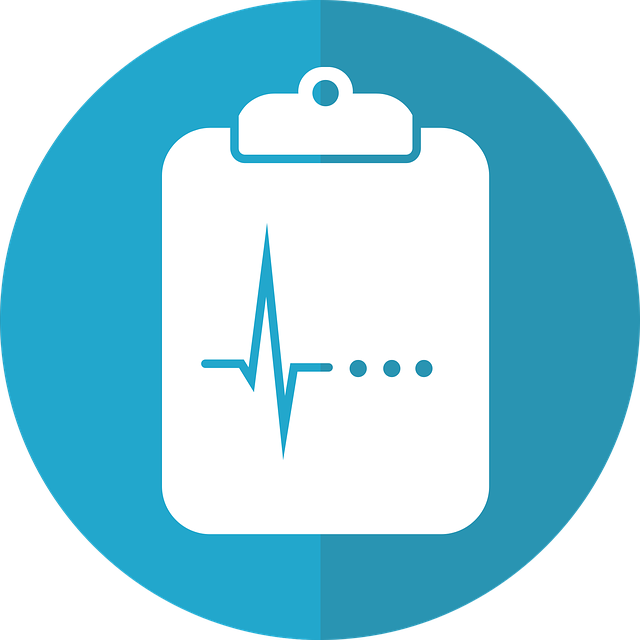Your safety is our priority!
Medication List:
Bring a complete medication list with you along with a list of your allergies. We need to know: the name of each drug, how often you take it, the dose, the reason you are taking it and the time of your last dose.

Cover Your Mouth and Nose:
Many diseases are spread through sneezes and coughs. Cover your mouth and nose to prevent the spread of infection to others and wash your hands soon after.

Wash Those Hands:
Handwashing plays an important role in preventing infections in the hospital. If you don’t see this happening, feel free to speak up and ask your care providers and visitors to wash their hands, or to use a hand hygiene gel.

Ask Questions:
If you have questions about any procedure or medication, please ask for more information. If you still have questions, ask again. We want you and your family to fully understand your illness, procedures or tests, and how to best manage your health care after you leave our facility.

Expect Questions:
You may be asked to answer the same question repeatedly, but it is important for caregivers to ask you identifying information such as your name and date of birth before medications are administered or procedures are conducted. Your safety is the most important thing to us, so ensuring we are doing the right thing for the right patient is top priority.

Preventing Falls:
When you are in the hospital and receiving medicine you may not be as steady as you normally would be. Be sure to follow your care providers’ instructions to prevent falls. This may include asking for help before you get up from your bed. A special wrist band may also be applied. The goal is to prevent you from falling and getting injured.

Share Your History:
We want to know your health history before we prescribe any medications or offer treatment. It is important to share your past or current health problems, medications, latex allergies, and any past surgeries.

Going Home:
Taking care of yourself after you leave the hospital is a crucial part of your recovery. Ask your caregiver what to expect and how to take good care of yourself after discharge, including when and how to take any medication. A trusted friend or family member can help you process this information.
Discharge time is 11:00 am. Please plan accordingly. If you need assistance, ask your nurse.

"Doctor Worried Cartoon" and "Doctor with Nurse Cartoon" from Wikimedia Commons by Videoplasty.com
